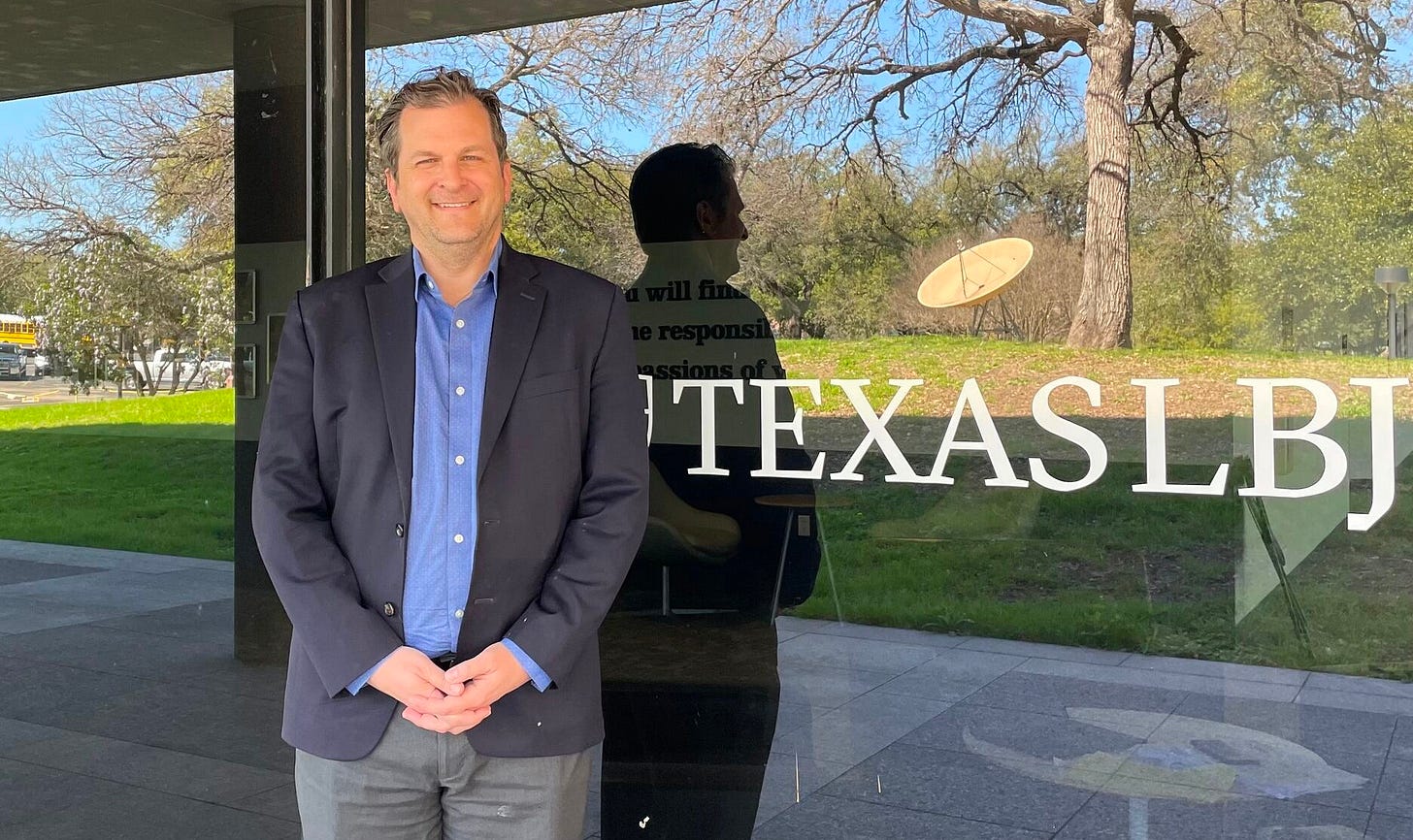Developing Expertise in Arguments
Having the discipline to find the knot is the way forward: the emotions, reframing and what to know and do to increase the odds of breakthrough
Arguing is emotional and creates instinctual impulses for differing reasons to compete for victory. Yet that isn’t the way to work through them for safer and better outcomes.
"Arguments aren’t something to win; they’re something to unravel. Like a knot," says lawyer Jefferson Fisher. "Instead of (me) pulling my way and you pulling yours, have the discipline to find the knot, the heart of the issue.”
The discipline.
The knot.
Something to unravel.
Fisher says that this will lead to less stress, greater happiness and an improved life.
“Winning,” however our emotions and psychology define it with an argument, feels good yet focusing on it and aggressively pursuing it can be high cost in interactions and professional and personal relationships.
It is possible to modify one’s mindset to consider an argument differently and more intelligently and helpful consistently in the process.

“We operate from the misconception that we rectify ill-conceived ideas or get what we want or need by fighting or arguing against someone or something,” says Ursula Taylor, founder at Conflict Reimagined.
“The analogy of a knot is apt, because when we react, fight against or resist an idea or argument, we actually perpetuate or strengthen what we are battling. We tighten the knot. The emotional energy of conflict ensues until we change the energy, intention or perspective.”
That’s can be extremely taxing on a participant’s cognitive state and natural inclinations within disagreements or conflict because of how we have learned and conditioned when engaged in stressful situations with people.
“We have to stop reacting to what is being presented from the other (person/party),” Taylor says.
Instead, shift the focus and tasks on to ourselves.
“Contend with our own emotional energy, gain clarity to define what we actually need beyond righteousness, victimhood or an egoic need to be superior and bring a different energy and intention to the conversation,” she advises from professional experiences.
“It is not about reacting or responding, it is about turning inward and having the conversation with ourselves first and then bringing a different awareness.”
How we decide and define what success is may be shortsighted, unhelpful and dangerous to what we most value in the near future and long term.
There are steps that can be taken to proceed in a way that is more skilled.
“One way to change our thinking and belief system is to reframe the way we think about ‘wins’ in interactions,” says Larry Schooler, PhD, an assistant professor of practice who teaches conflict resolution and leadership and communication courses at the University of Texas at Austin.
“It's more than just convincing another person they are mistaken or their points are inferior. I can ‘win’ an interaction if I learn something new, if I understand something better or if I feel closer to my conversation partner,” he adds.
There is an additional move to adjust thinking and beliefs about arguments.
“Recognize that my ‘winning’ could mean the other person's losing, which can jeopardize the relationship we have,” Schooler warns. “The harder I try to convince someone else I am right, the more likely that person will either fight by pushing back or flee by withdrawing, feeling defeated.”
To him, there is a smarter focus.
“Interactions in important relationships would benefit from a measure like productivity, fulfilment or overall benefit to each side,” Schooler says.

Mutual Understandings or Agreements as a Guiding Force
Deciding together about the process of communicating through a disagreement, especially a heated one, may prove to be a welcomed guiding force on unraveling a knot instead of pulling on it and being “soft on the people, hard on the problem,” as a conflict resolution maxim goes.
“I think it's useful to start a conversation with some agreements about the conversation itself: can we agree to listen without judgment, listen to understand rather than respond — and respond with curiosity,” Schooler recommends.
“It may seem a bit formal for a chat but when the topic is serious, I think it makes sense for the participants in the conversation to take it more seriously and prepare accordingly.”
“Once we have become self-aware and conscious of our own emotional energy, we are better suited to create emotional space for the other person to also dissolve what animates his or her defensiveness or righteousness,” Taylor teaches and points out.
This, she contends, is more important and valuable than up-front promises to interact in a certain way.
“It's less about the particular agreements or understandings than about the energy and intention that we bring to the conversations,” Taylor argues.
“But once one side has dissolved the emotional energy for himself, there is no space to perpetuate the defensiveness or righteousness from the other.
“The conversation may move away from an egoic need to be right and into a practical discussion of problems and solutions.”
This newsletter normally publishes Tuesday, Thursday and Sunday, with occasional articles on other days. To advertise, link to your business, sponsor an article or section of the newsletter or discuss your affiliate marketing program, contact CI.








